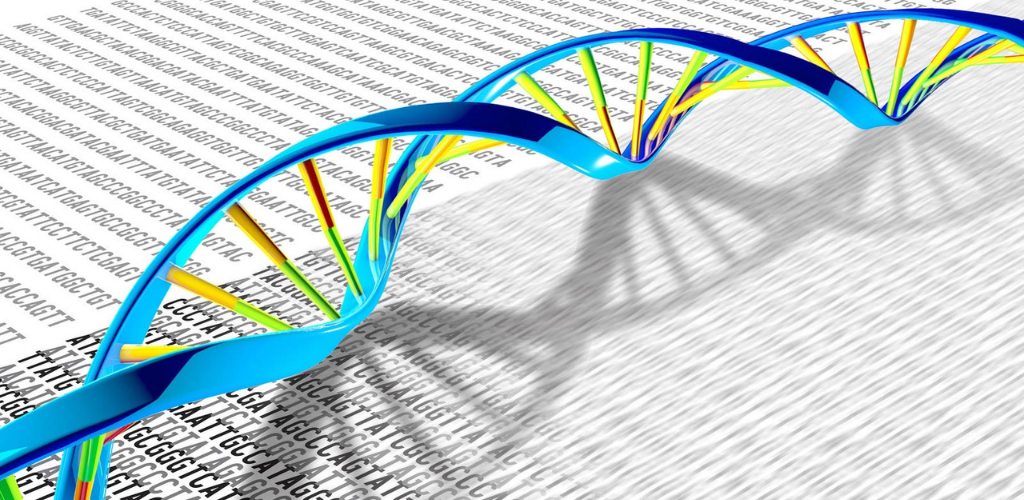In the era of genomic medicine, the generation and utilisation of vast genomic datasets hold immense promise for advancing healthcare. However, this detailed blog delves into the multifaceted challenges surrounding the privacy of genomic data, exploring the ethical, legal, and technological dimensions that shape this complex landscape.
Genomic Data and Privacy Challenges
Genomic data, which contains sensitive and personal information, presents significant privacy challenges. The sharing and use of this data for research, clinical applications, and other purposes raise concerns about the protection of individuals’ privacy. Several socio technical safeguards and privacy-protection techniques have been proposed to address these challenges. However, the rapid growth and increased availability of genomic datasets have led to the identification of major privacy threats and limitations in current privacy-protection methods. Understanding the current genome privacy landscape and identifying the challenges in developing privacy-protection techniques are essential for advancing genomic data sharing while safeguarding individuals’ privacy.
The privacy challenges associated with genomic data sharing include the potential for privacy breaches, which can have serious social implications and adversely affect genomic-driven research. Data misuse could lead to privacy infringement for individuals and their blood relatives. Additionally, the tension between privacy and data utility raises ethical issues, and the growth of the direct-to-consumer genetic testing industry has resulted in vast databases of consumers’ genetic information, raising serious privacy concerns.
In summary, the sharing of genomic data holds great promise in advancing precision medicine and providing research opportunities. However, these opportunities come with significant privacy concerns, and addressing the privacy challenges associated with genomic data sharing is essential for realising the potential benefits of genomic research while safeguarding individuals’ privacy.
What are some examples of genomic data privacy breaches
Some examples of genomic data privacy breaches include:
- Careless Publication of Private Sequencing Data: Instances where publicly available files contain personal information, such as individuals’ first and last names, have been identified, leading to privacy breaches.
- Privacy Protection Gap in Direct-to-Consumer (DTC) Applications: There are privacy concerns in DTC applications, as portions of current privacy regulations do not apply, and there is no entity providing oversight, potentially leading to privacy breaches.
- Use of Genomic Data in Criminal Investigations: The use of genomic data in criminal investigations has raised public awareness about genomic privacy, and changes in data privacy policies by DTC companies have led to concerns about potential privacy breaches.
These examples illustrate the various ways in which genomic data privacy can be compromised, highlighting the importance of addressing privacy challenges in genomic data sharing.
How can genomic data privacy be protected
Genomic data privacy can be protected through various measures, including:
- Access Control: Access control mechanisms, such as authentication and authorization, can be used to limit access to genomic data to authorised individuals or entities.
- Encryption: Encryption techniques can be used to protect genomic data during transmission and storage, making it difficult for unauthorised individuals to access the data.
- De-identification: De-identification techniques can be used to remove personal identifiers from genomic data, making it less identifiable and reducing the risk of privacy breaches.
- Privacy-by-Design: Privacy-by-design is an approach that involves building privacy into the design of genomic data systems and applications from the outset, rather than adding it as an afterthought.
- Regulations and Policies: Regulations and policies, such as the General Data Protection Regulation (GDPR) and the Genetic Information Nondiscrimination Act (GINA), can provide legal protections for genomic data privacy.
- Education and Awareness: Education and awareness campaigns can help individuals understand the importance of genomic data privacy and how to protect their data.
Public Awareness and Education:
Highlight the importance of public awareness and education regarding genomic data privacy. Discuss the role of genetic counselling, educational campaigns, and informed decision-making in empowering individuals to understand and protect their genomic information.
Conclusion :
In conclusion, the advancement of genomic data sharing for healthcare and research must navigate the intricate challenges of privacy. Genomic data privacy breaches, from careless publications to criminal investigations, underscore the urgency of protective measures. Implementing robust strategies, such as encryption, access control, and privacy-by-design, is essential to realise the promises of genomic research while safeguarding individual privacy.
Citations:
[1] https://www.nature.com/articles/s41576-022-00455-y
[2] https://www.genome.gov/about-genomics/policy-issues/Privacy
[3] https://www.nature.com/articles/s41588-020-0651-0
[4] https://pubmed.ncbi.nlm.nih.gov/32601475/
[5] https://pubmed.ncbi.nlm.nih.gov/29058220/





Thank you, I have recently been looking for info about this subject for ages
and yours is the best I’ve found out so far. But, what concerning the bottom
line? Are you sure in regards to the supply?